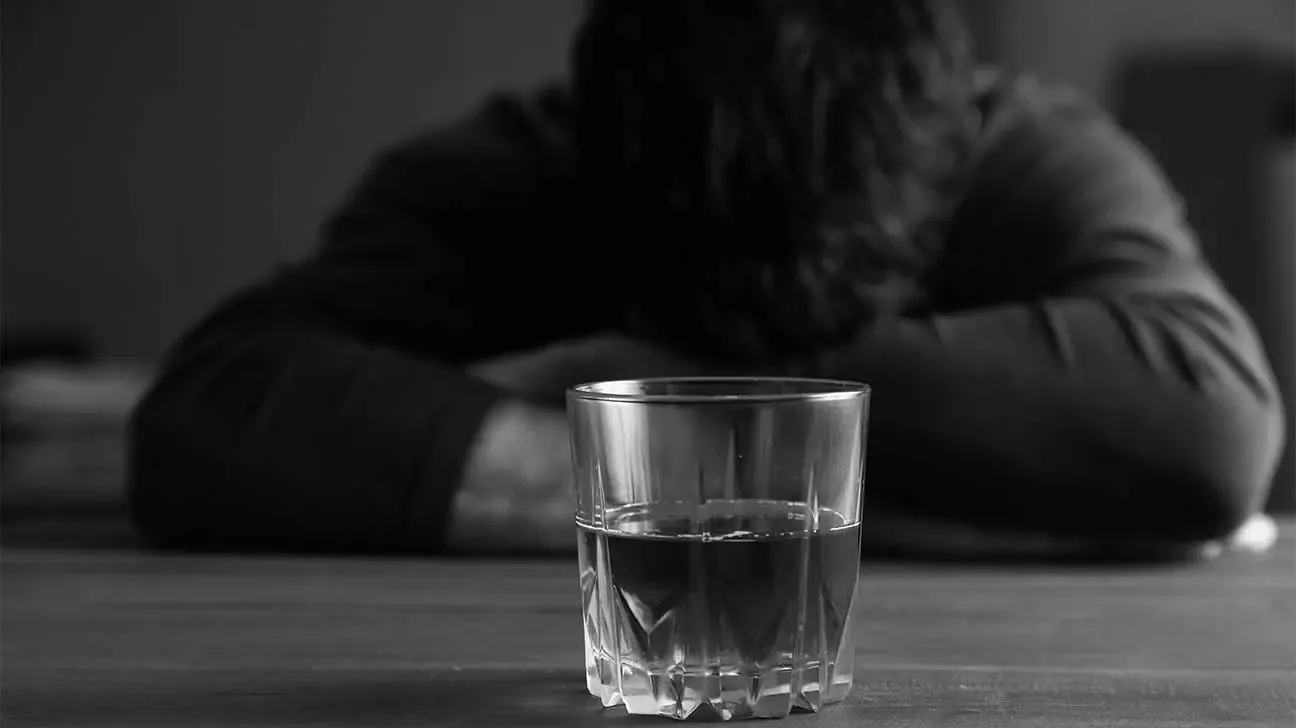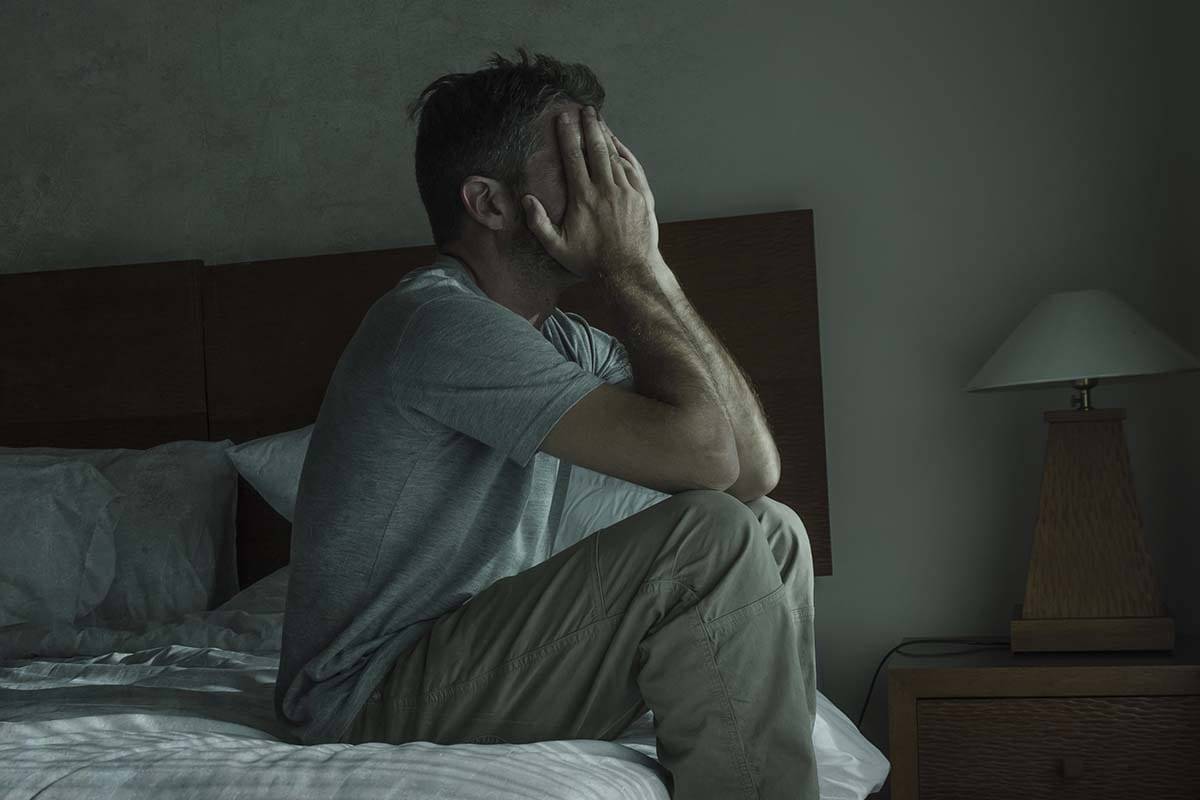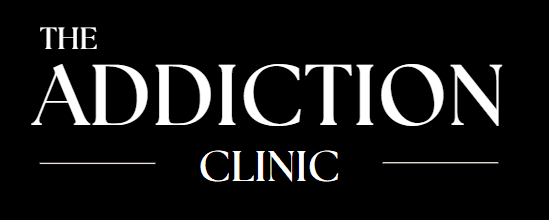
Alcohol Counselling NZ.
Table of Contents
Alcohol Counselling will get started on your journey of Sobriety!
Have you tried countless times to give up drinking? Only to find yourself drinking again just a few days later?
You’re not alone. There is a neurological reason for this type of behavior.
Do you feel alone in a room full of people, and often wake up feeling anxious?
At first, Alcohol initially reduces stress, but addictive use will disrupt the brain’s stress response system, leading to increased anxiety, stress, and alcohol dependence.
Alcohol Addiction directly affects neurotransmitters like serotonin, dopamine, GABA, glutamate, and acetylcholine, disrupting the brain’s reward system and emotional regulation.
The therapists at The Addiction Clinic specialize in Alcohol use disorder, also known as alcoholism.
Alcohol Addiction is best treated with CBT, a type of psychotherapy that helps individuals to identify and change dysfunctional beliefs and addictive behaviours.
Our Addiction Therapists use a blend of Cognitive Behavioral Therapy, Alcohol Addiction Counseling, and Relapse Prevention.

Book an with an addiction therapist
Evidence-Based Treatments for Alcohol Use Disorder?
Alcoholism, or alcohol use disorder (AUD), is a serious condition that affects thousands of New Zealanders.
The path to sobriety is fraught with challenges, and quitting cold turkey can be both difficult and dangerous due to the uncomfortable physical and emotional symptoms known as Alcohol Withdrawal Syndrome ( AWS)
Several evidence-based psychotherapy options exist for AUD. One is cognitive behavior therapy (CBT), which focuses on the relationships among thoughts, feelings, and addictive behaviors to help manage urges and triggers.
This therapy can also address co-occurring mental health conditions such as anxiety, depression, and stress.
Relapse prevention is widely used in New Zealand rehabs – Relapse Prevention is a skills-based, cognitive-behavioral approach that requires our clients and their therapist to identify situations that place the person at greater risk for relapse, both internal experiences (e.g., positive thoughts related to substance use or negative thoughts related to sobriety that arise
What are The Stages of Alcoholism?
Social Drinking
The first stage is social drinking. This is a comparatively non-threatening level of drinking, which may not always lead to alcohol abuse. This often looks like consuming a few drinks when out with friends at local pubs.
Binge Drinking
The second stage is binge drinking. Heavy drinking was defined as eight or more alcoholic drinks per week for women and 15 or more drinks per week for men. ‘Binge drinking’ for women was having four or more drinks in one sitting, and for men, five or more drinks in one sitting would be seen as binge drinking.
Alcohol Dependency
The third stage is alcohol dependency. At this point, the drinker depends on alcohol to feel normal and may experience mild alcohol withdrawal symptoms or negative feelings when they are not drinking or need to drink to interact with other people comfortably.
Addiction/Alcoholism
The fourth stage is addiction to alcohol or alcoholism. When a person has developed an alcohol use disorder (AUD), they begin to develop a tolerance to alcohol and exhibit a variety of behaviors that hurt their health and personal and professional lives. Despite this, many people continue to drink.
Getting help for Alcoholism in New Zealand?
We would always recommend seeing your doctor before starting the journey of sobriety. If you are a heavy drinker and stop, you run the risk of seizures from stopping drinking.
Up to one-third of people with significant alcohol withdrawal may experience alcohol withdrawal seizures. Your GP can give you medication for this issue.
There are community support groups for people wanting to give up drinking. In New Zealand, we have alcoholics anonymous, Smart Recovery, and day programs run by the Salvation Army.
All of these groups are free and use a group setting. If you do not want to use a group therapy setting as outlined above, you would use a private addiction therapist or alcohol addiction counselling.
Alcohol Addiction Therapy.
Alcohol Addiction Therapy with a trained addiction specialist would generally include talk therapy and Cognitive Behavioral Therapy.
Research has shown that CBT can be the most effective treatment for substance alcohol use disorders, both on its own and in combination with other treatment strategies.
CBT typically involves several distinct interventions—such as operant learning strategies, skills building, and motivational elements behind addiction—that can either be used on their own or with talk therapy.
Alcohol Counselling NZ.
Alcohol Counselling helps alcoholics give up drinking.
An Alcohol Counselor might run recovery groups or provide one-on-one Alcohol Counselling Sessions, offering a way for you to work through your psychological issues and allowing you to talk freely about your alcohol addiction.
If you choose the Alcohol Counselling path, try and find a counselor who is a specialist in the area of alcohol use disorder.

Alcohol Withdrawal Symptoms?
Alcohol withdrawal can and may range from a mild and uncomfortable disorder to a serious, life-threatening condition. Symptoms such as sleep changes, rapid mood changes, and fatigue may last for months. People who continue to drink a lot may develop health problems such as liver, heart, and nervous system disease. Alcohol withdrawal gets hard on day two. If you have any of these issues, you must see a doctor now – if you can’t see a doctor, get to the after-hours or hospital today.
Can you detox from Alcohol at home?
Detoxing at home is high risk, and it comes with potential advantages and disadvantages. Because severe alcohol withdrawal can be fatal, the decision to detox independently should only be made with professional guidance from your doctor if mild or moderate withdrawal symptoms are anticipated your GP can give you medication such as Benzodiazepines.
This medication is the mainstay of treatment in alcohol withdrawal in New Zealand. Benzodiazepines are safe, effective, and the preferred treatment for alcohol withdrawal. Benzodiazepines are cross-tolerant with alcohol and modulate anxiolysis by stimulating GABA-A receptors.
Does Antabuse work?
Antabuse taken under medical supervision is effective and useful in the treatment of selected alcoholic patients in the short term. Disulfiram is taken daily in the morning and will make you very sick if you drink alcohol on this medication. Antabuse is just another tool to help you with your journey of sobriety.
